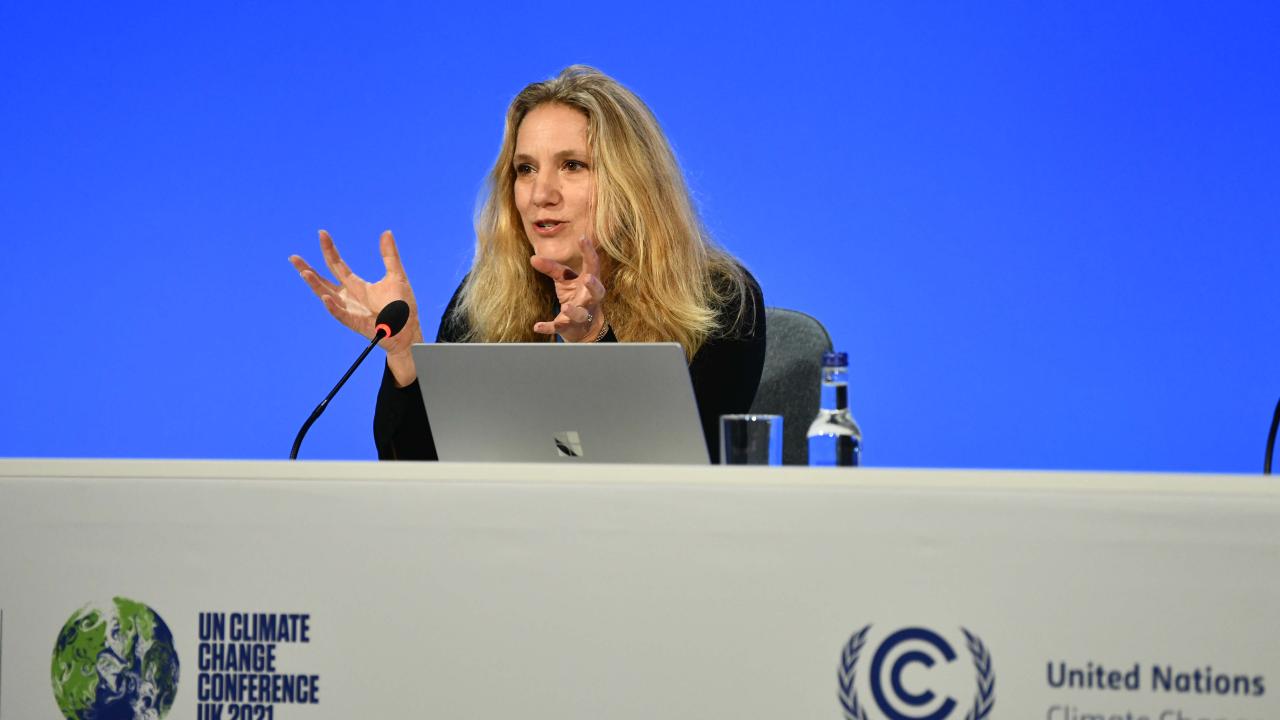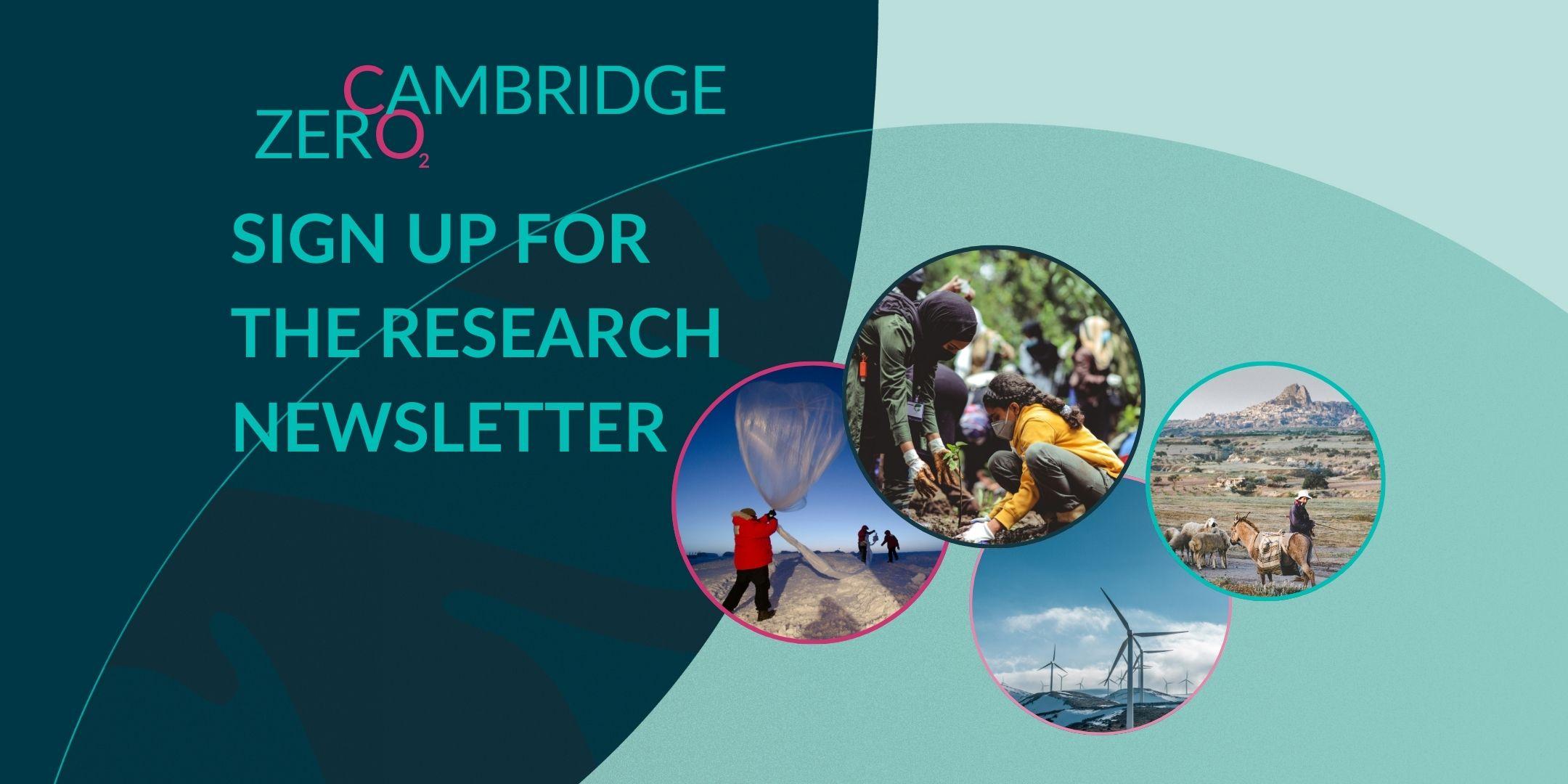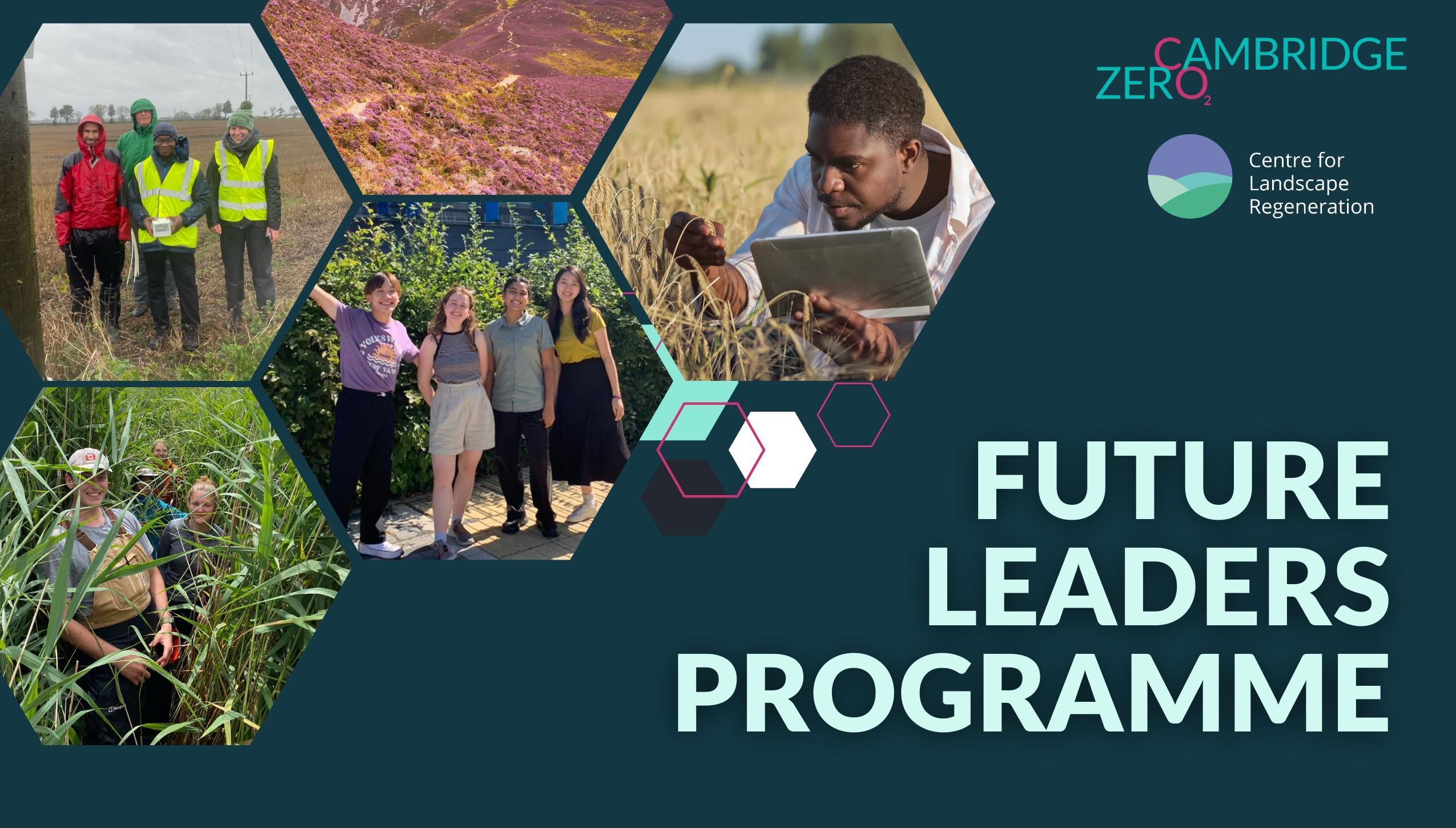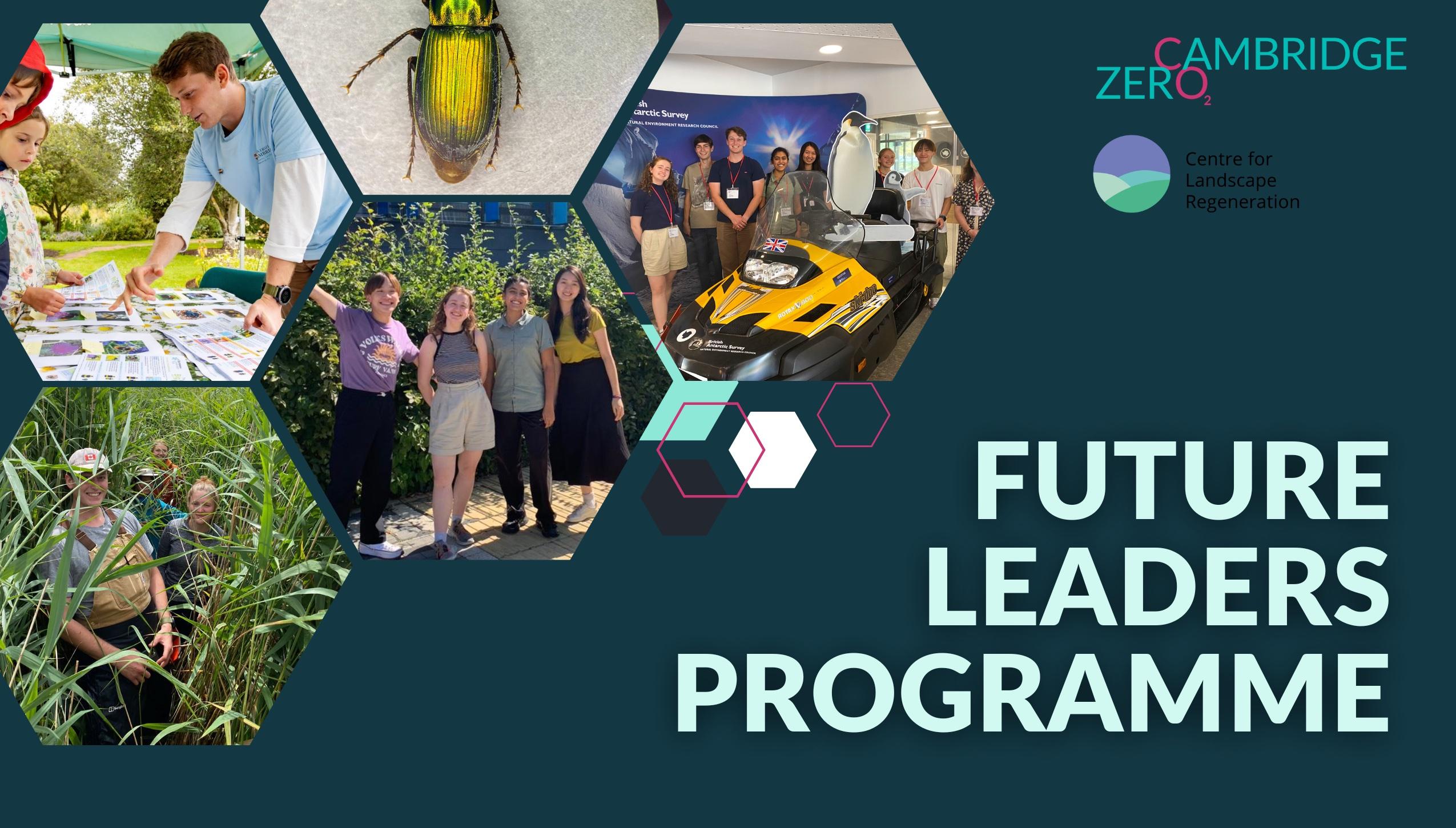Just after 11pm on Saturday 13th November, COP26 president Alok Sharma declared the conference closed. The resulting Glasgow Climate Pact has garnered complex and nuanced responses from across global society, and within Cambridge University’s community of academics, students and staff.
Across the November fortnight in Glasgow, a plethora of those from the Cambridge community contributed to a diverse array of COP26 events and initiatives, reflective of Cambridge’s strength in breadth and depth. Students and staff alike were engaged across COP26; active in the conferences’ Green and Blue zones, numerous ‘fringe festivals’ and the People’s Summit, alongside the weekend marches, attended by over 100,000 people.
Blue Zone
The Blue Zone is the formal section of the conference, where the international negotiations take place. Beyond the security cordon, only ministers and accredited government officials, individuals and organisations can be present. Dr Annela Anger-Kraavi led some negotiations for the European Union (hear her discuss her expectations for COP26 and the practicalities of negotiating here.) Dr Natalie Jones was also close to the action as a daily reporter for the Earth Negotiations Bulletin. Regular updates and commentary by Natalie and many others played a vital role in communicating developments to the wider public, as well as acting as a mechanism within the negotiations themselves, by providing a stream of information to those countries with small delegations, unable to be present in multiple negotiating rooms simultaneously. For a comprehensive report on the final Glasgow Climate Pact and brief analysis, the Earth Negotiation Bulletin’s is highly recommended.
As an official observer organisation, the University of Cambridge had a strong representation in the Blue Zone. PhD student Friederike Hartz, who researches the Intergovernmental Panel on Climate Change (IPCC), attended during the second week. On the impromptu final Saturday of COP26, she commented that in the afternoon’s plenary ‘I really felt it was a decisive moment in the history of climate negotiations’. MPhil Student Qintian Yao also joined numerous Blue Zone events on themes of gender and China’s energy transformation. To read both students’ daily reports and see their photos from the ground, see the daily COP26 round-ups on the Cambridge Zero website.
Outside the negotiating halls were the official Blue Zone ‘side events’, showcased by UN accredited bodies. Cambridge Zero Director, Professor Emily Shuckburgh, was very busy attending and speaking at these events throughout COP26. On Tuesday 9th November, Prof Shuckburgh unveiled the ‘Futures We Want’ project at the Government’s Department for Business, Energy and Industrial Strategy’s (BEIS) event ‘From risk to opportunity, making science work for solutions’, available to watch on-demand here. Co-ordinated by BEIS, Deloitte and Cambridge Zero, the project brought together experts, and citizens from across the world to co-create visions of a net-zero future in an inclusive way.
This focus on inclusivity continued in Prof Shuckburgh’s COP26 TV interview in which she stated, “We need as many different people with as many different ideas, energy and enthusiasm to get involved and help create solutions to the climate crisis”. Prof Shuckburgh, as an eminent climate scientist and science communicator, was appointed one of 30 ‘Friends of COP26’ to advise the UK government prior to and throughout COP26. Prof Shuckburgh was directly involved in the public letter published by Friends of COP26 in the final days of the conference to urge ‘'more courage [...] to hold firm on what has already been set out, and the will to create more opportunities for accelerated ambition and action in the final hours’. While in Glasgow, Prof Shuckburgh spoke to numerous media outlets to communicate the science and its urgency. Make sure to watch her Channel 4 Interview and read her concluding ITV article.
On Youth and Public Empowerment Day, Imperial College London and the University of Cambridge hosted the Global Alliance of Universities on Climate youth summit closing event. Alongside UNFCCC luminaries and university leaders, the UK’s Climate Envoy Nick Bridge advocated for young people to raise ambition, collaborate and “be encouraged to really lead your communities and your universities”.
Also in the Blue Zone, the Cambridge Institute for Sustainability Leadership (CISL) and Birdlife International’s ‘Building Forward Better: A blueprint and tools to meet global goals for climate, nature and people’ showcased opportunities and approaches for green and just climate action and recovery. At this event Prof Shuckburgh stated that ‘the current situation is bleak’, highlighting the challenging context of COVID-19, climate, inequality and biodiversity loss, but emphasised ‘we can change this… but we need information, innovation and investment’. CISL also launched, in the Blue Zone, the Aviation Impact Accelerator, an interactive, open-source pathway simulator to help decision makers compare strategies to achieve net-zero flight. Another significant launch during COP26 was of the Cambridge Centre for Carbon Credits (4C). Researchers at this new centre are currently working on a prototype of a nature-based carbon credit marketplace.
The Blue Zone’s various pavilions provided a platform for different themes and voices. At the Indigenous People’s Pavilion, the Cambridge Centre for Climate Repair‘s Dr Shaun Fitzgerald and Dr Antoinette Nestor chaired a panel with indigenous speakers who discussed climate repair, including rewilding undertaken by indigenous peoples. Elsewhere in the Blue Zone, Dr Ronita Bardham chaired the event ‘Decarbonising Future Affordable Housing: Solving the health, energy and poverty nexus’. Cambridge experts Dr Tim Forman and Professor Ian Parry were on the panel.
In the Science Pavilion, the COP26 Universities Network launched a Toolkit on climate risk communication. This was part of the event ‘Communicating Climate Risk - what works and what doesn’t’, which explored the challenges of communicating uncertain and complex information to decision makers. Prof Shuckburgh moderated the event which featured Dr Erik Mackie who spoke on characterising climate risk.
In the UK Pavilion, a flagship report was launched on the ‘New Economics of Innovation and Transition.’ Seven of the report’s authors are from the Centre for Environment, Energy and Natural Resource Governance (CEENRG) at Cambridge, including Professor Laura Diaz Anadon, who wrote about the reports’ significance and its COP26 launch here.
Green Zone
Beyond the Blue Zone, the Green Zone was the public-facing section of the conference. Cambridge students were well represented here; Pembroke undergraduate James Miller took part in ‘State of the Earth’ Question Time and Joycelyn London and Mya-Rose Craig formed part of the panel for ‘Nature ain’t a luxury.’
Jointly produced by Cambridge Zero and the University of Bath’s Institute for Policy Research as part of the COP26 Universities Network, the ActNowFilm was showcased in both the Blue and Green zones. Katie Parker from the Cambridge Centre for Climate Repair led a panel with some of the film’s participants. The COP26 panel event is available on-demand, alongside the film itself which platforms the voices of over 140 young people from 32 countries. Another COP26 Universities Network Green Zone event supported by Cambridge Zero’s Amy Munro-Faure was ‘Green Career Pathways’, which explored the roles of education, training and employment in a net-zero future.
Fringe
Glasgow proved a hive of activity as numerous events took place across the city. Cambridge University academics and students were involved in key events at the New York Times Climate Hub, the Fringe Festival hosted by Federated Hermes International and the People’s Summit for climate justice.
From Cambridge Zero, Prof Shuckburgh spoke at the Federated Hermes ‘Further, Faster’ fringe festival on the Climate scientists panel, and Dr Erik Mackie chaired the event ‘Climate Risk and Tipping Points in the Polar Regions’. This latter event took place at the Arctic Base Camp tent, which had a four-tonne block of arctic ice melting outside - a poignant reminder of the fragility of the region, home to indigenous communities and young people, as emphasised on the panel by Cambridge’s Dr Michael Bravo. Cambridge PhD student Gabby Kleber also formed part of the panel.
At the New York Times (NYT) climate hub, undergraduate Mya-Rose Craig joined a panel of young climate leaders who discussed the importance of intersectional thinking and collective action to respond to the climate crisis, available online. Professor Laura Diaz Anadon was also featured in a NYT climate hub panel, where she suggested that climate innovation should look beyond higher carbon prices with greater coverage, and also create and shape markets with strategic investments in innovation, fiscal and regulatory policies. Sir David King, Chair of the Centre for Climate Repair, spoke on the NYT panel ‘Riding the Curve: How to Harness Exponential Change’. The Centre also held an event with ARUP, focused on the challenges and opportunities around the built environment, which is responsible for approximately 40% of emissions in the UK.
Ahead of COP26, CISL shared its key ask for business, finance and global leaders; to ‘collaborate beyond the limits of short-term interest’ in order to stabilise the climate. In Glasgow CISL were involved in events within the Blue and Green zones alongside other venues beyond the conference halls, running and participating in over 20 events which are listed and available on demand here. Their flagship event, ‘From Ambition to Action’, brought together perspectives from a wide range of stakeholders from business, Government and finance on what needs to happen beyond COP26. The event featured video statements from young leaders and individuals from across CISL’s global network about the outcomes they wanted to see from COP26. CISL also published numerous relevant reports for COP’s thematic days including, on finance day, launching ‘Risk Sharing in the Climate Emergency’ and, on built environment day, CISL’s business leadership group CLG UK published ‘Preparing for the storm’ highlighting business and policy’s role in supporting resilient places.
The COP26 Coalition, encompassing many civil society groups, organised the People’s Summit for Climate Justice, which took place at various venues around Glasgow. Both MPhil student Nicholas Koeing and undergraduate Maryam Grassley attended, the latter feeding back particularly poignant quotes. Politics and Divinity affiliated lecturer Tobias Müller also attended the Summit and commented on the events.
Streets of Glasgow
The streets of Glasgow proved a hotbed for movement building and demonstration. Academics and students alike took part, demonstrating the huge appetite for climate action. Undergraduates Rosa Prosser and Maryam Grassley attended alongside Nick Koeing who reported back on their experience as part of the large crowds. Among academics, Dr Cristina Peñasco took part in the march and has written movingly on her experience: “As a participant, I have felt this “protest” has been a celebration: a celebration of life, of nature, of diversity, of plurality. It has been exciting and thrilling being part of a massive group of people raising their voices for just and fair solutions to the climate crisis” (read her comments in full here). Postdoc Tobias Müller also provided thorough reflections on the political significance of the different movements coming together to march in Glasgow.
Virtual participation
The novel hybrid nature of COP26 meant its virtual elements could be streamed from afar, both leading Cambridge policy experts Dr Jo Depledge and Professor Anadon utilised this approach. Across Cambridge, JCR and MCR green officers from Darwin, St Catherine’s, Clare Hall and Churchill screened Green Zone COP26 events open to anybody across the University community (listed here), facilitated by Cambridge Zero. The Green Officers at Girton, Trinity and Newnham also ran COP26 discussion and screening sessions within their college communities. Both Wolfson and Pembroke ran weeklong timetables of activities, talks and panels for their students on COP26. Pembroke notably hosted Antonio Guterres, Secretary-General of the United Nations, for a roundtable on ‘the Ethics of Climate Change’, following the conferring of his honorary degree from the University.
Follow Cambridge Zero socials (Facebook, Twitter, Linkedin or Instagram) to continue to keep up to date with ongoing climate initiatives in the Cambridge community.
Photo Header - Professor Emily Shuckburgh attends ‘From Risk to Opportunity: Making science work for solutions’ at COP26 on the 9th November 2021. Photograph: Justin Goff/UK Government, Flickr.



